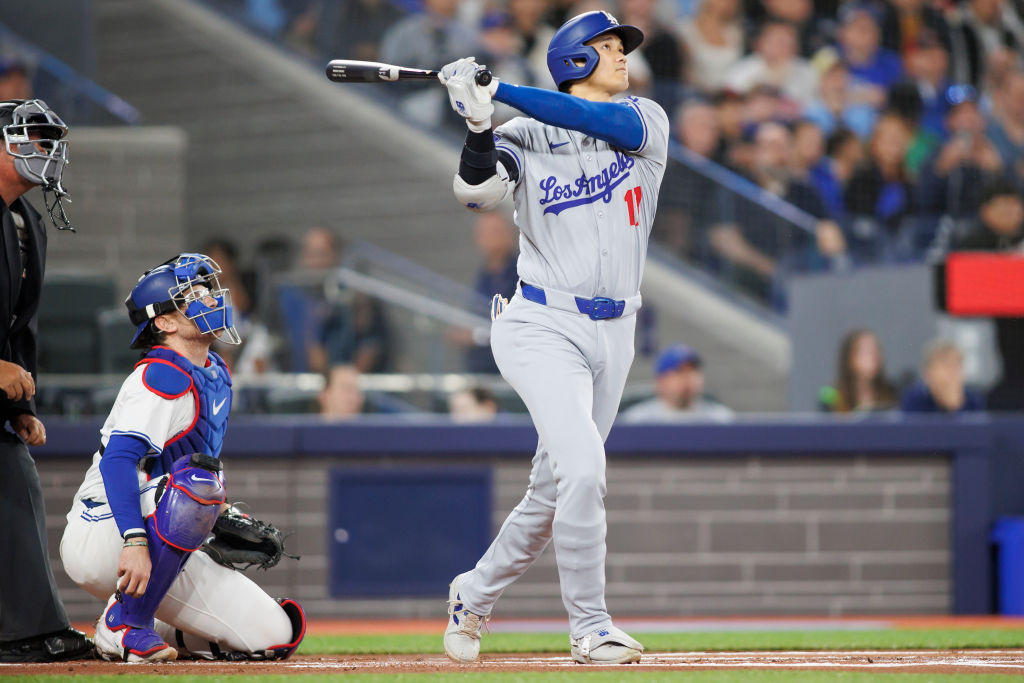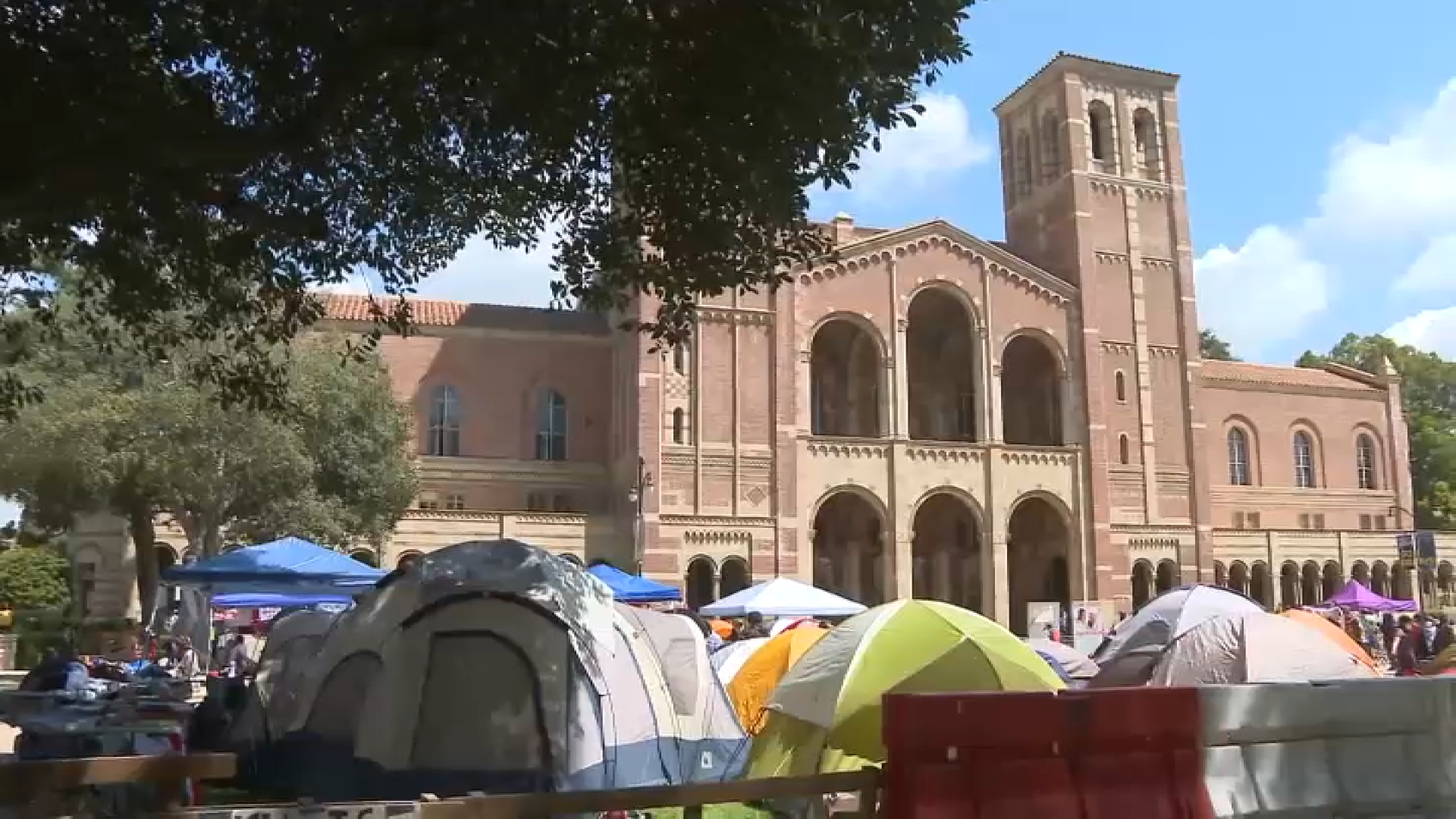If you had never heard of Tunisia before this past year, you’re not alone. The small North African nation rarely made headlines outside of human rights campaigns decrying the behavior of repressive dictatorships in the region.
Then, in December of 2010, a young fruit vendor named Mohamed Bouazizi set himself on fire in exasperation after being humiliated by a public official. His eventual death the following month set off 28 days of demonstrations and rioting, ultimately causing dictator Ben Ali to step down.
But the die had been cast.
Middle East observers dubbed the months of rioting and regime overthrow that spread across the region the “Arab Spring,” a historic movement whose actions and implications continue to this day.
“We don’t feel like this is done yet; it’s not over,” says Jordan Elgrably of the Levantine Cultural Center in West LA. He is one of the organizers of the world’s first “Tunisian Film Festival,” which continues through Thursday at the Barnsdall Gallery Theatre in Hollywood and will feature at least 10 films.
Young filmmakers like Mahomedali Nahdi are participating. His film, “The Project,” was made before the Tunisian revolt, but it decried how censorship in that country was stifling creativity.
“Freedom is not a gift,” says Nahdi. He says he feels a bigger responsibility now, after the Arab Spring’s first year has passed. “You have to grab it. You have to fight for it.”
Local
Get Los Angeles's latest local news on crime, entertainment, weather, schools, COVID, cost of living and more. Here's your go-to source for today's LA news.
Indeed, other Tunisians in Los Angeles for the festival say they’re somewhat torn by dueling emotions, one year after their country’s emancipation from dictatorship.
“To see it happen …it’s a beautiful thing,” says “MC Rai,” a singer slated to perform at the festival. “I couldn’t be more proud.”
But all of them expressed concern for other Arab nations as they struggle through the most dangerous period of all for young democracies. Blood is still being shed in nations like Syria and Yemen; and there are grave concerns about what the future holds for post-Khadaffi Libya and the government in Egypt, where a military regime has assumed power after the ouster of Hosni Mubarak.
Festival participants say now is the time for creative communities like theirs – filmmakers, painters, singers and writers – to lead the charge for change in the region. There are already plans for another festival next year.
Follow NBCLA for the latest LA news, events and entertainment: Twitter: @NBCLA // Facebook: NBCLA



